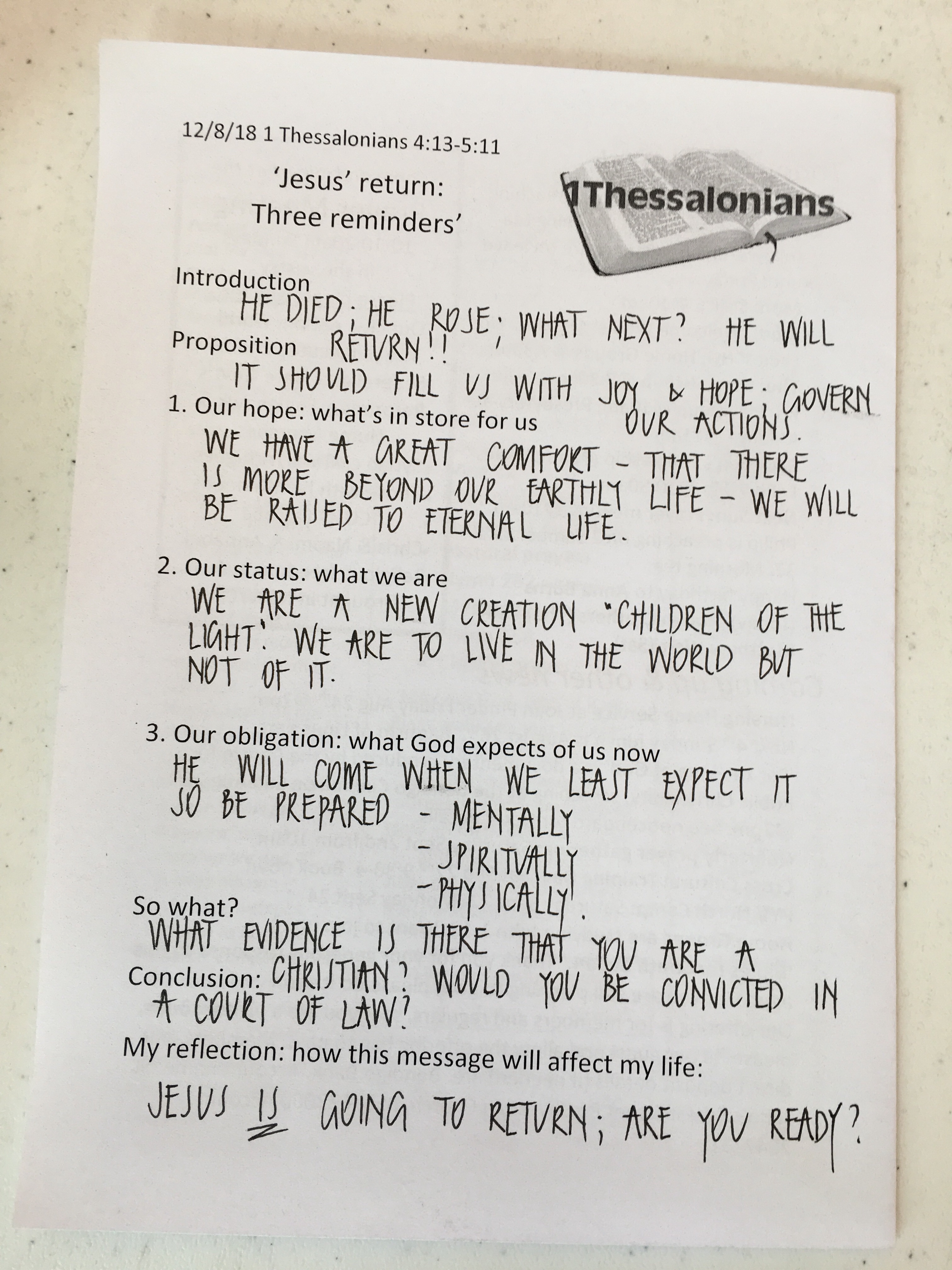2 Samuel 18:1-33 records how the civil war led by Absalom against his father came to an inglorious end. It was a sad day for David for many reasons, one of which was that this was the culmination of some bad choices and parenting. Yet still, in spite of the tragic nature of the text, David again points us to Jesus who could do and will do what David could not.
Archives
‘The King’s providence at work in the life of the king!’ (2 Samuel 17:1-29)
After David fled from Absalom, it seemed that his whole kingdom was in danger of falling. Ahithophel, David’s trusted adviser, had gone over to join Absalom, and his counsel would have been dangerous for David. However, God was at work and in 2 Samuel 17:1-29, there are three particular evidences of His providence which meant that David knew that God had not abandoned him and that His plans were being unfolded.
‘The day the king’s name was despised’ (2 Samuel 16:1-33)
When David left Jerusalem because of Absalom’s push to replace him, 2 Samuel 15 told of 3 men who came to his aid. Following this, 2 Samuel 16:1-33 tells of 3 other men who wanted to achieve just the opposite – either to further their own standing in his eyes, to curse him or to cause his kingdom to crumble. In the end, so much of what David endured points us again to His greater Son, Jesus, who also endured what He did to save His own.
‘Standing firm in an age of Jesus-plus-something’ (Colossians 2:8-12)
The first century Christian church faced all kinds of trials from within and without. It was a time of much persecution and false teachers and teachings. In Colossians 2:8-12, Paul urged his readers to stand firm in Christ, but also told them why they should do that and in doing so, shed some light on the work of Christ on our behalf and the connection between circumcision and baptism.
‘Learning from the king’s darkest day’ (2 Samuel 15:1-37)
After the events of 2 Samuel 14 where tensions between David and his son Absalom grew in their intensity, 2 Samuel 15:1-37 records how Absalom launched an all-out campaign to usurp David from his throne. As a result of this David fled, and in doing so must have known one of his darkest days, although not without the support of three individuals who came to support him. David’s darkest day points us to Jesus who went one step further, so that all who trust in Him (as David did – see Psalm 3) can find the great comfort and assurance of grace.
Jesus’ return: Three reminders (1 Thessalonians 4:13-5:11)
He died, he rose, what’s next? Keith spoke from 1 Thessalonians 4:13-5:11 about how Jesus’ return should fill us with joy and hope; even govern our actions. The Christian has great comfort that there is more beyond our earthly life because we will be raised to eternal life. As children of the light, we are to live in the world but not to be of it. We are to live in readiness of his unexpected return. Is that obvious in your life now? Are you ready?

‘Dealing with the blind spots of the king’ (2 Samuel 14:1-33)
When David’s son Absalom killed his brother Amnon in revenge as recorded in 2 Samuel 13, he fled. 2 Samuel 14:1-33 the unfolds the story of the growing tension between King David and his wayward son – something that went on and on but remained unresolved. Davuid was clearly conflicted. He loved his son and could not or would not bring him to justice. It was an untenable situation and one that would backfire badly on David’s rule as king. Another cautionary tale from David’s life and experience!
‘The first fruits of the king’s sins appear’ (2 Samuel 13:1-39)
In 2 Samuel 13:1-39, the text records some dark events that happened in David’s family. While the chapter sets the scene for Absalom’s eventual rebellion against his father, it also portrays the reality of the consequences of David’s sin in chapter 11 being revealed in his own family. It’s a sad tale, but also a much needed cautionary warning.
‘Being true to our DNA’ (Rev Kevin Murray, 1 Peter 2:9-10)
When God called his people out of Egypt, Exodus 19:1-6 tells us that he did so for a purpose. Not only so the Messiah would come from their ranks, but so that Israel might be His people reflecting His nature to the world, thus showing the world how great He is. Peter picks up on this theme in 1 Peter 2:9-10, reminding God’s people today that we are His people, on earth to declare the wonders of His Name to the world.
‘Walking in truth and love’ (Rev Peter Phillips, 2 John 1-13)
Balance is so necessary in all of life, even and especially our theology which leads to daily practice. If our witness for Christ is to be effective and fruitful, 2 John 1-13 reminds us that truth and love need to be balanced. If not, the world will never hear what we have to say, nor will they notice the reality of Christ in our lives.